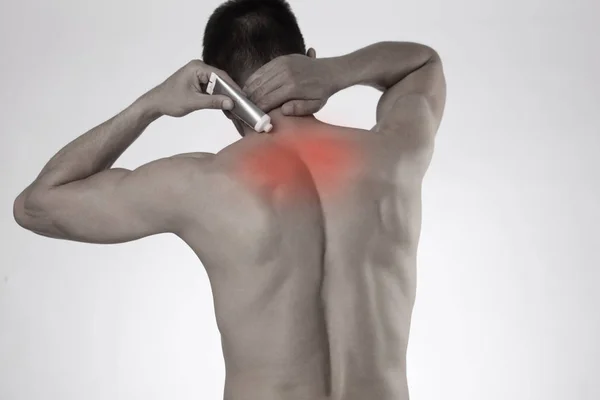Nummit Spray, also known as topical anesthetics, are widely used in various medical and cosmetic procedures to alleviate pain and discomfort. Whether it’s preparing for a minor skin procedure, getting a tattoo, or managing pain associated with medical conditions, numbing sprays offer temporary relief by desensitizing the affected area. In this comprehensive guide, we’ll explore how long numbing sprays last, their uses, factors affecting duration, and important considerations.
How Numbing Sprays Work?
Nummit Spray Price contain active ingredients such as lidocaine, benzocaine, or prilocaine, which work by blocking nerve signals in the skin, temporarily numbing the area and reducing sensation. These topical anesthetics are formulated to penetrate the skin quickly and provide rapid pain relief, making them ideal for minor procedures and superficial injuries.
Duration of Action:
Type and Concentration of Active Ingredient: The type and concentration of the active ingredient in the numbing spray can influence its duration of action. For example, Lidocaine 15 Spray typically have a faster onset of action and may provide longer-lasting numbing compared to benzocaine sprays.
Application Time: The length of time the numbing spray is left on the skin can affect its duration of action. In general, longer application times may result in more profound and prolonged numbing effects.
Skin Thickness and Sensitivity: Skin thickness and sensitivity can impact the absorption of the numbing spray and its effectiveness. Thicker skin or areas with more fatty tissue may require a higher concentration of the active ingredient or longer application times to achieve adequate numbing.
Individual Variability: Individual differences in skin type, metabolism, and response to the numbing spray can influence its duration of action. Some individuals may experience prolonged numbing effects, while others may find that the effects wear off more quickly.
Uses of Numbing Sprays:
Dermatological Procedures: Numbing sprays are often used to minimize pain and discomfort during minor dermatological procedures such as biopsies, mole removals, and laser treatments.
Tattooing and Body Piercing: Tattoo artists and body piercers frequently use numbing sprays to help reduce pain and discomfort for their clients during tattooing or piercing procedures.
Injections and Vaccinations: Numbing sprays may be used to reduce the pain associated with injections and vaccinations, particularly in pediatric and needle-phobic patients.
Minor Injuries and Burns: Numbing sprays can provide temporary relief from pain associated with minor injuries, cuts, scrapes, and burns by numbing the affected area.
Important Considerations:
Follow Instructions Carefully: Always follow the manufacturer’s instructions and your healthcare provider’s recommendations when using numbing sprays. Applying too much spray or leaving it on for too long can increase the risk of adverse effects.
Avoid Broken or Irritated Skin: Numbing sprays should not be applied to broken or irritated skin, as this can increase the risk of systemic absorption and adverse reactions. Be sure to clean and dry the skin thoroughly before applying the spray.
Monitor for Adverse Reactions: While rare, adverse reactions to numbing sprays can occur, including allergic reactions, skin irritation, and systemic toxicity. If you experience severe pain, swelling, redness, or difficulty breathing after using a numbing spray, seek medical attention immediately.
Conclusion:
Numbing sprays offer temporary relief from pain and discomfort in various medical and cosmetic procedures. While the duration of numbing effects can vary depending on several factors, including the type of active ingredient and application method, these sprays can provide valuable support for patients undergoing minor procedures or managing acute pain. By understanding how numbing sprays work, their uses, and important considerations, individuals can make informed decisions about their use and maximize their benefits while minimizing risks. Always consult with a healthcare provider or qualified professional for personalized recommendations and guidance regarding the use of numbing sprays.

